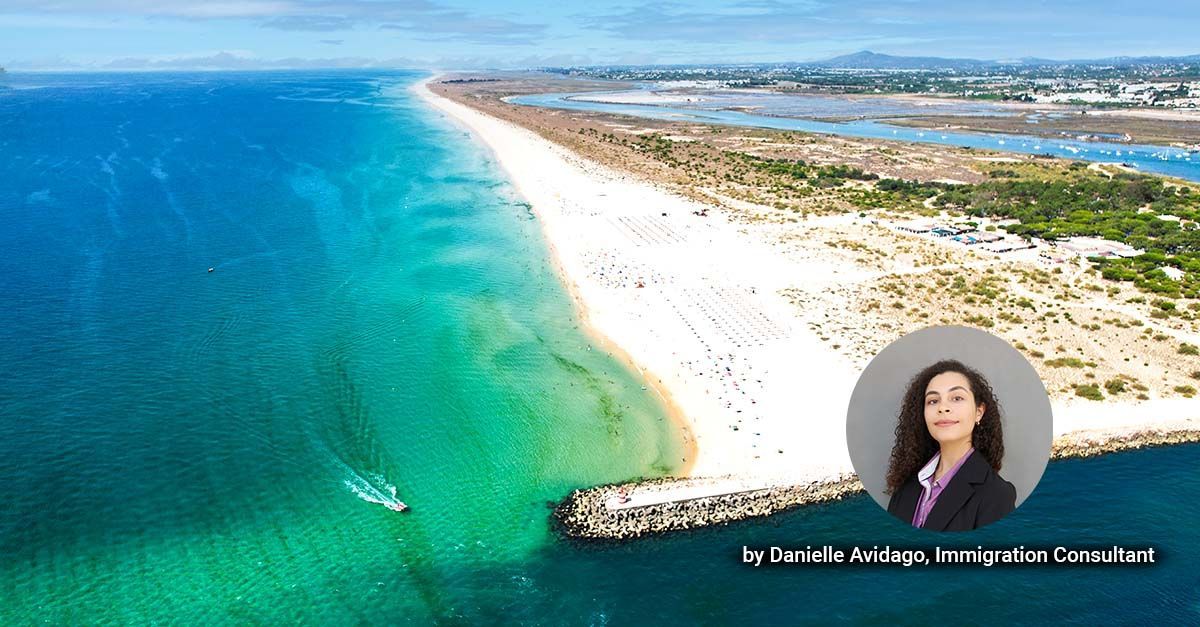Non-Residents’ Capital Gains

Vasco Apolinário Rodrigues | Lawyer
Until 2022, capital gains deriving from purchasing immovable properties obtained in Portugal by non-residents were taxed autonomously at the special tax rate of 28%, on 100% of the balance of the capital gains made, except when they resided in an EU Member State or the European Economic Area and opted to be taxed according to the progressive rates applicable to residents in Portugal of 14.5% to 53%.
However, in the case of residents, the amount subject to taxation corresponded solely to 50% of the balance of the capital gains obtained.
The same regime was not allowed for non-residents in Portugal who were liable to 100% taxation, in clear violation of European law as confirmed by the Portuguese Tax Courts, all the way up to the Supreme.
Given the above, the Portuguese Government decided to change the taxation of the capital gains received from real estate purchases located in Portugal in order to match the regime applicable to residents to non-residents, also given the several condemnations it had to face in the Courts.
Regarding this legislative change, the Tax Authority has clarified the tax framework for real estate capital gains obtained by non-residents by means of the issuance of an ordinance “Circular” Letter no. 20255, of 14th April 2023, as follows:
- Until 31/12/2022, the balance of real estate capital gains is considered at only 50% of its value and taxed autonomously at the special rate of 28%;
- As of 01/01/2023, real estate capital gains must be included (at 50% of their value) with the other income earned by non-residents and are subject to the corresponding progressive IRS rates up to 53%.
Non-residents who receive capital gains from the sale of immovable assets after 1st January of 2023 must aggregate it to the other annual income for purposes of determining the tax rate applicable (progressive tax rates between 14,5% and 53%).
It is important to clarify that whenever the law imposes the aggregation of income earned by taxpayers who are not tax residents in Portugal, all income earned, including that obtained outside Portugal, will be considered for the purposes of determining the tax rate to be applied to the income generated in Portugal, under the same conditions as those applicable to Portuguese Tax Residents.
In other words, the purpose is not to subject foreign income to taxation in Portugal, but solely to consider it in order to calculate the applicable tax rate to the Portuguese income that is liable to taxation.
As a result of these changes, the new regime can impact non-residents who own properties in Portugal and are planning to sell them. It's crucial to understand the implications and navigate this process with confidence.
If you have further questions regarding this matter, get in
touch with us and we will be delighted to assist you.
© COPYRIGHT 2023 LVP ADVOGADOS, ALL RIGHTS RESERVED PRIVACY TERMS & CONDITIONS LEGAL STATEMENTS











